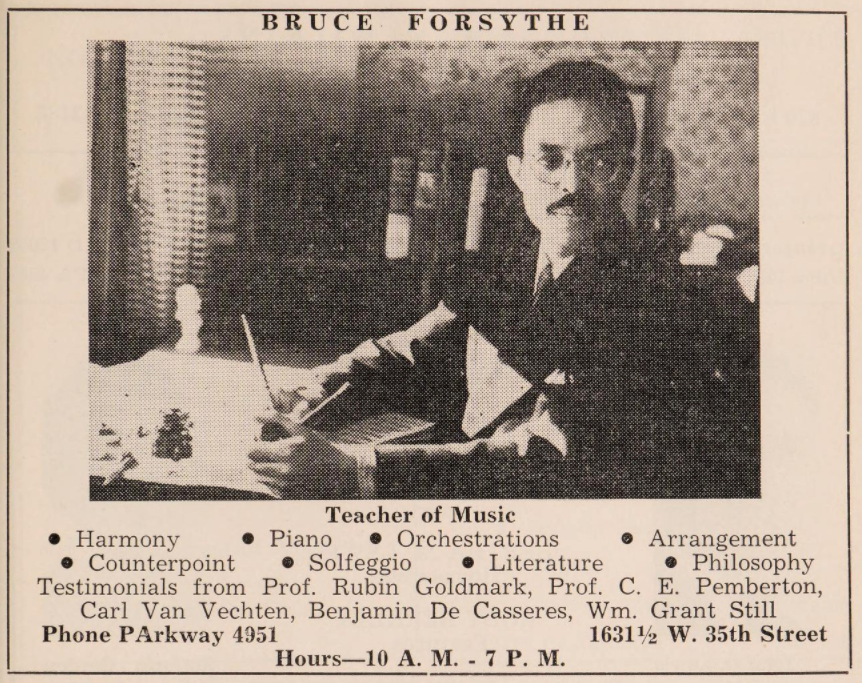“So far as I know, DeCasseres was the only author who was proud of his unpublished books.” So said Charles Driscoll in his memorial to the recently passed on DeCasseres:

What follows are titles of DeCasseres books announced but (probably) never published (under the titles given in advance at least):
Words, Words, Words*
The Book of Vengeance
The Second Advent**
*This title was actually advertised as forthcoming outside of DeCassere’s own materials, so it is possible that it was published and has become a lost work. In the March 9th, 1918 issue of Publisher’s Weekly, in the “Spring Announcements.” It’s listed as being published by “Goodman” and retails for 90 cents.
**An article by this title was published in “The Revolutionary Almanac–1914” published by Hyppolite Havel.
On the back flyleaf of Mencken and Shaw, listed under the header of “Books to be Released Later,” these titles were never published:
The Overlord
The Complete American*
The Ego Epic
Mars and the Man
The American Comedy
The Comedy of Hamlet
*This title was published as an essay in The American Mercury, a series of biographical sketches of famous Americans: P.T.Barnum, Jesse James, William Jennings Bryan, Dr. Frank Crane, Billy Sunday, Theodore Roosevelt, Edgar A. Guest, Woodrow Wilson.
The following were listed on the back cover of The Muse of Lies, along with other titles, under the header “Ready for Publication.” Of the other titles listed, all of them were published as “DeCasseres Books”, so it’s possible these were a planned part of that series.
Symphonies of the Ego
Chaos and Cosmos
The American Comedy (repeated)
The Complete American (repeated)
On the back of The Muse of Lies, but under the header “In Preparation” is the following:
Nietzsche
In “The Individual Against Moloch (1936) the following is mentioned:
Nutopia
This website http://www.authorandbookinfo.com/ngcoba/de.htm lists two odd items, not sure of their source:
Edelweiss And Mandragora
Counsels Of Imperfection
These two actually had descriptions on the inside back flap of the dustjacket for DeCassere’s Huneker.
Poses and Postures
Currents and tendencies of the American Drama. Serious and humorous analyses of the Shows of the Day, as they pass through Mr. Casseres’ brilliant imagination and are caught on the rapier of his wit. Price, $3.00
Somersaults
A book of literary criticisms in which all standards are smashed; ”an intellectual adventure among books and ideas with a humorous Ulysses. Price, $2.50.
I’m sure more will be added to this list at some point, I had not intended on publishing it, but finding a few more pushed me to assemble what I knew into a post.






















 Blake has described Egoism as being the claim that the individual is the measure of all things. In ethics, in epistemology, in aesthetics, in society, the Individual is the best and only arbitrator. Egoism claims social convention, laws, other people, religion, language, time and all other forces outside of the Individual are an impediment to the liberty and existence of the Individual.
Blake has described Egoism as being the claim that the individual is the measure of all things. In ethics, in epistemology, in aesthetics, in society, the Individual is the best and only arbitrator. Egoism claims social convention, laws, other people, religion, language, time and all other forces outside of the Individual are an impediment to the liberty and existence of the Individual.



